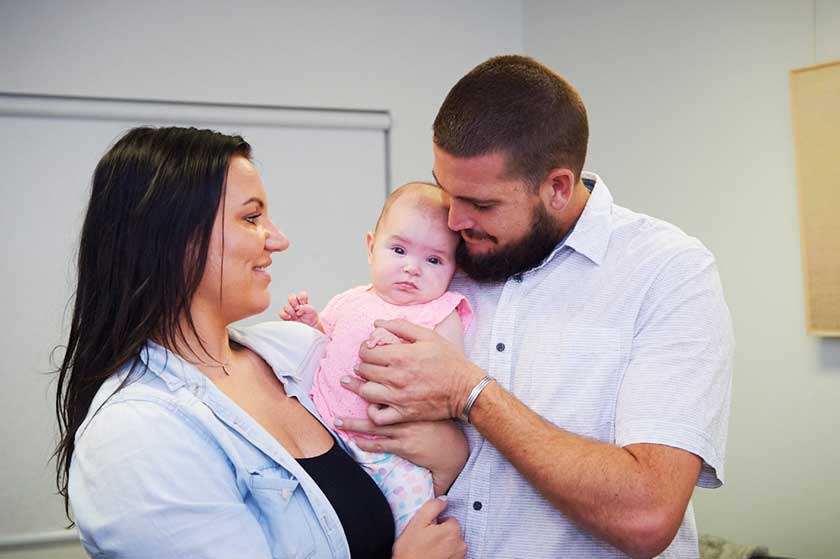First published 24 May 2022. Updated 27 September 2024.
As a mental health professional and having worked with many people who have a diagnosis of schizophrenia over the years, I have reflected on what people say is important to them, regarding response from the health service, when revealing their diagnosis.
Schizophrenia is a mental health condition and there are times when things might be more difficult and times when things are manageable.
A resounding ‘everyone is different’ in the manifestation of their illness was a consistent theme heard, so take a moment to not think you know but to ask what is causing the most, if any, concern at this point in time.
Symptoms of the illness are variable and not all about hearing voices.
People with schizophrenia can experience a low mood, difficulty in processing thoughts and information, poor concentration, a loss of interest and joy and wanting to isolate – many of these symptoms can be similar to depression.
Stigma is hurtful and can contribute to the person not seeking help for a variety of health presentations, not just the mental health condition.
All people working in a health role, not matter what the role, can contribute to decreasing stigma around this mental health condition by being more informed and exploring any concerns with the person.
Let’s all contribute to a positive connection. People with schizophrenia, do and can live well and have fulfilling lives.








